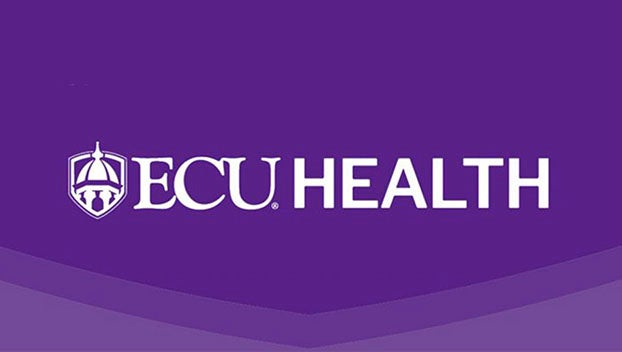Health Beat: The ‘COVID 15’
Published 12:03 pm Tuesday, July 6, 2021

- Colleen Bucher
|
Getting your Trinity Audio player ready...
|
By Colleen S. Bucher
Nutrition Consultant
You might have seen or heard a new weight gain term —as if we need another. It’s called the “COVID 15.”
Fifteen pounds is the amount of weight researchers have found that many people gained in this past pandemic year. It’s obvious the COVID 15 weight gain occurred due to a multitude of factors: persistent stress which increases the hormone cortisol and consequently hunger; lessened activity due to gyms being closed or fear of leaving the house; an increase of comfort foods which usually aren’t the healthiest; or convenience and takeout foods due to one’s lack of cooking ability.
Fortunately, we appear to be on the path back to normalcy so it’s time to tackle the weight gain before it becomes problematic. One very important aspect of weight gain is that the longer you maintain the added pounds, the harder it is to return to a healthier weight. Oh, and chances are that weight gain isn’t in the form of muscle.
Despite being back to our former lifestyle, I’ve heard some say the weight came on easily but just not coming off! Unfortunately, our bodies are programmed to hold on to that reserve. It will call on the added weight in times of severe illness or stress. Believe it or not, our bodies even fear a famine (highly unlikely but we’re ready for one).
This is where a sensible diet is key and slow and steady wins the race. It took a year to gain weight so give it a few months for sustained weight loss. Fad diets which eliminate whole food groups only confuses the body’s metabolism even more. Yes, many argue that they can only lose weight when they lower their intake of carbohydrate to dangerously low amounts.
I’ll focus on the issues with a low carbohydrate diets because that seems to be the current trend. One reason a low carb diet is fashionable is that weight loss is seen quickly. Actually, the first 10 pounds on a low carb diet is water weight. I always ask those on this diet (50- 75 gms or less) if they will never eat a slice of bread or have a piece of birthday cake or pasta or even fruit again. The answer is yes after I reach my weight loss. Well, that weight will return faster than it came on. Many essential nutrients are also inadequate.
Sensible easily weight loss tips to get you started:
Use a food journal or app to track your intake. It’s impossible to modify your diet if you don’t know that you’re eating.
Follow a healthy meal plan. Choose a plan that you can maintain – well forever. Year after year, research shows that the Mediterranean Diet has been found to be the healthiest way to eat. All foods are acceptable, some in more moderate amounts but still cravings for less healthy foods are diminished. This eating plan encourages more lean proteins like chicken and fish and increases vegetables and fruits. Unhealthy fats are discouraged and replaced with olive oil. Wine and chocolate in modest amounts are acceptable as well. For more information on a Mediterranean Diet refer to www.MedinsteadofMeds.com.
Schedule times to exercise. It is so easy to say you’ll exercise tomorrow and often tomorrow never comes if not on your calendar. If you’ve been sedentary, a daily 20 or 30 minute walk is a good place to start. Elicit the help of a family member or friend to meet for an “activity” date. Don’t forget to strength train as muscle mass will keep the weight off in the long run. Above all, if you’ve not exercised much in the past and have some health issues, check with your doctor before starting a plan.
If you’re still unsure of how to lose the COVID 15 or more pounds, a registered dietitian can assist you. The Vidant Wellness Center is an excellent, reputable resource to help you get on your way.



